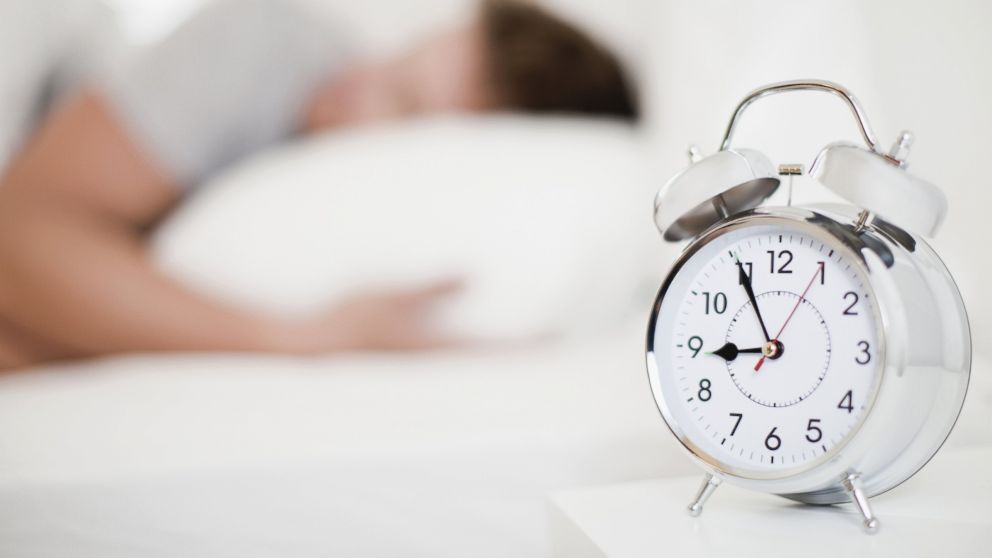Prepare for the end of Daylight Savings Time this weekend with help from Time.com:
Don’t change your routine on November 1
The night before the time change, just go to bed when you usually do, sleep specialist and clinical psychologist Michael Breus, PhD, advises. “Most people are already sleep deprived, so in all likelihood you could use the extra hour of sleep you’ll get,”
Use it as a sleep hygiene checkup
You can use the time change to diagnose your sleep habits. Before bedtime on November 1, set your clock back an hour (cell phones will be updated automatically at 2am), and keep your alarm set for your regular wake up time. “If you find yourself sleeping for the entire extra hour in the morning, that’s a sign you’re sleep deprived,” Breus says.
If, on the other hand, you wake up before your alarm goes off, that’s your body telling you that you’re getting enough sleep.
After the time change, maximize your sun exposure…
Even after the fall back, it’s not uncommon to feel out of sorts the first few days of November. It doesn’t help that the sun will start setting close to 5pm. So what should you do?
While your afternoon mood might take a hit because of the looming darkness, Breus advises taking advantage of the extra sunlight in the morning, which can give you a mood boost to start the day. If you tend to work out in the evenings, switch your routine to the morning. At the very least, make an effort get outside during your lunch break, if only just to take a walk around the block.
…and maybe boost your indoor light
If you’re still feeling draggy in the afternoon after a few days, consider investing in a light therapy box, which can counteract your brain’s inclination to start producing melatonin when the sun goes down. Just be sure to look for one that provides alertness-promoting blue light. “Blue light mimics sunlight and tells the brain to stop producing melatonin, the chemical that starts your brain’s sleep engine,” Breus explains.
If you need a little burst to get over that 4pm hump at work, click on the light and let it shine for no more than 20 minutes. “That amount should be enough to make you feel more alert for a couple hours,” Breus explains. If you want to get to bed at a reasonable hour, be sure not to use the light after 7pm; any later than that can interfere with your sleep.
And if you have kids…
The downside to falling back is that small children, already allergic to spending extra time in bed, may actually start waking up an hour earlier.
Here’s how to get them to get with the program. “Starting about a week or so before the time change, every two days put your kids to bed 15 minutes later, in a stair-stepping pattern,” Breus says.
And if the bedtime rollback plan doesn’t take? Breus suggests making the morning of November 2 a special occasion. The night before, lay out books or games the kids can play with quietly when they wake up. Set an alarm in their room(s) for when you’ll wake up and tell them it’s bonus playtime and they don’t have to bother mom and dad!
If the thought of your kids quietly reading and biding their time until the sun comes up sounds preposterous, don’t hesitate to bring out the big guns. “Even setting your kids up to watch a video in the early morning is okay in this instance,” says Breus. “In all likelihood, the parents could use that extra hour of sleep, so do whatever it takes to take advantage of it.”
888.495.7440
